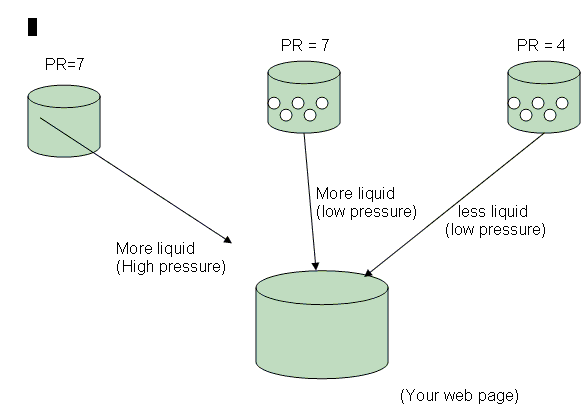I was a little hesitant to the Google’s new web history but after thinking carefully I got converted. Now I am not only a user but a great fan for this great tool. The biggest reason why we should use it :-
Our knowledge comes from what we have learned and many a times we refer back to our old books for solutions as we know we saw it there. Same applies for web history, you search from your own memory (visited sites), can I call it an extension of my memory? Recently I used Google to fix one typical apache/xen related problem. I lost the useful referral website which later I could get it from the history, it was a great time saving for me. We are using to our browser history search, google history search is just an advance version of it.
Why do you worry?
- Is it a privacy concern? They already know it, now it is that you need to know (or accept) that they know :). (Already by now they know too much about everyone) Moreover even if you are logged into your gmail/google account, no one can peek through as it prompts for the password again. Google will anyway anonymize user queries (does it count for web history as well?) after 18-24 months.
If you want to avoid it?
- Use two browsers, one where you are logged in and other where you aren’t (even without google toolbars). At visitlab.com we use to catch fraud clickers using IP but I do not think Google will do it for web history as one IP is share among many in our offices.
- Use a dial up connection and reconnect whenever you want to play safe. Make sure you have cleaned your cookies.
There were many who knew this and were a little cautious from the very beginning:-
- Do you use google toolbar with seo activities?
- Google and Privacy – antonyms? – This was posted much before the web history stuff.
Google uses same cookies across all their products including adsense, analytics – The net can be wider some day, so learn to play safer :).




